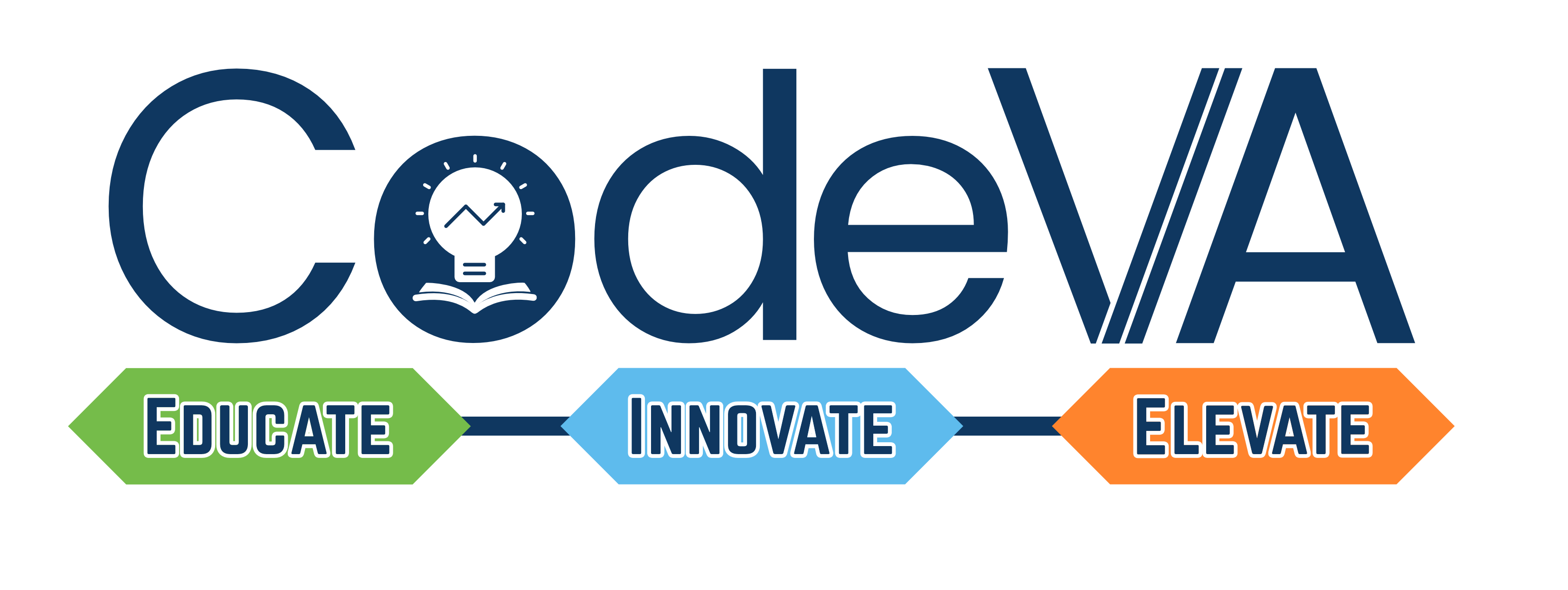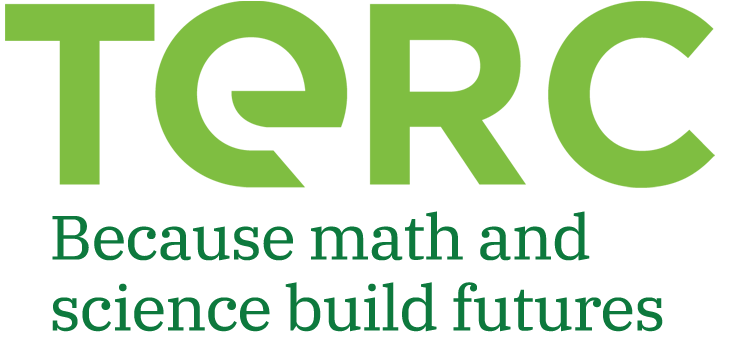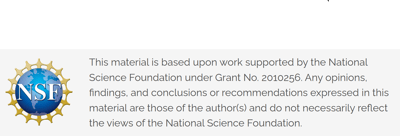Computer Science for Social Studies
Empower rural middle school social studies teachers to integrate CS using primary sources and storytelling programming tools.
Our Work
The four-year Computer Science for Social Studies project, funded by the National Science Foundation, proposed a groundbreaking initiative to weave culturally relevant computer science concepts into social studies, enriching both subjects to be more engaging and beneficial for 21st-century students. This interdisciplinary approach was led by CodeVA, a nonprofit committed to inclusive computer science education in Virginia, and included collaboration with the University of South Florida, TERC, and Education Design.
.png)
Project Focus
Professional Learning
Intentionally designed sessions with comprehensive learning content in a year-long structured course made up of asynchronous, in-person, and synchronous live learning experiences. Professional learning sessions incorporated the TLO (Teacher, Learner, Observer) Method and other hands-on CS integration strategies.
Strategic Teacher Pairing
Paired social studies (SS) and instructional technology/CS teachers to foster collaboration and cross-disciplinary learning. Having differing areas of expertise eased the cognitive load, making it easier to plan and deliver intentional, well-integrated CS-SS lessons.
CS Peer Coaching Cycle
Teacher pairs engaged in CS peer coaching cycles with peer facilitators, allowing the teacher pairs to co-plan, co-teach, and integrate computational thinking and CS skills into social studies classrooms.
Research & Evaluation
Collected data via lesson implementation in-person observations, video-recordings of implementations and coaching sessions, field notes, student work artifacts, and teacher reflection interviews and surveys. The research team reviewed 9 key dimensions of integrated CS-SS lessons (see resources to learn more).
Try It Yourself!
Want to integrate CS into your lessons? Check out these step-by-step tutorials to learn how! Educators AND students can create interactive digital stories.
Interactive Storytelling
Bring your curricula to life! Use Twine, an interactive storytelling programming tool, to weave computational thinking and CS skills into any lesson. Use CodeVA's Twine editor to bypass the uncensored community content.
Computer Science for Social Studies project yields a plethora of resources
From lesson sets to Hard History & Computer Science standard alignment guides, this project developed a wide range of ready-to-use resources curated by CodeVA's expert CS curriculum writers.
Explore Research-Based Findings on Computer Science Integration
The CS for Social Studies Research Team presented a research paper at SIGCSE in 2024. Read more to find out how project-based integrated CS-SS lessons can address learning goals across both disciplines. This paper focuses on three dimensions: (1) depth of CS concepts, (2) integration of CS-SS, and (3) alignment of instructional tools/resources with integration objectives.
.png?width=1200&length=1200&name=Peer%20Coaching%20Cycle%20(4).png)
The CS for Social Studies project developed this 5-part peer coaching cycle. A CS peer coach is your go-to, highly-skilled, local thought leader.
Project-Developed Twine Resources for Educators and Students
Table of "Can-Do Descriptors" for English-language learners using Twine to write and tell stories through coding
Quick examples for formatting text in Twine stories made with the Chapbook Twine story format
Quick reference for specific skills in Twine, a text-based coding tool for creating web-based interactive stories
Printable directions for publishing and importing a Twine story
The CS for Social Studies Research Team Continues to Share Out
2021-2022
- Virtual DRK12 PI Meeting Roundtable & Poster
- STEM for All Video Showcase
- CSTA CS Integration Workshop
- VSTE Presentation - CT + Storytelling with Twine
- iCERi (Spain) Poster Presentation - Curriculum Design Strategies for CS Integration
- iCERi (Spain) Presentation - Developing SS Teachers' Capacity for CS Integration by Riding the Semantic Wave
2023
- STEM for All Video Showcase
- VCSS conference presentation
- CADRE DRK12 PI convening
- AERA paper - "A Framework for Preparing Rural Middle School Teachers for History-Computer Science Integration"
- ISDDE poster - Examining the Dimensions tool
- ISTE - CT and Storytelling with Twine
- ISTE - Peer Coaching for CS Integration Using Storytelling
- VCSS - Hard History through CS Lens
- VSTE - Twine & SS
2024
- Manuscript in NCSS: Social Education - March/April '24 Issue: "Thinking Critically, Coding Creatively: Elevating Social Studies Through Inquiry-Based Learning and Computer Science Integration"
- SITE Roundtable in Las Vegas
- AERA poster "Engaging with the Past: Archival Photographs as Tools for Data and Analysis in Rural Middle School Social Studies"
- CSTA - Coaching Rural Teachers for Intentional Integration
- CSTA Poster - "Take a Gamble! Integrate CS into Social Studies"
- NCSS - Engage, Empower, Inter-Twine: Retelling History with Digital Tools and CS
- NCSS - Technology Town Hall
- VASCD - Peer Coaching
- VCSS - Historic Narratives with Twine: Exploring Hard History Concepts and Perspectives
2025
- CADRE PI Meeting - poster
- SIGCSE paper - "Bridging Disciplines: Integrating Computer Science and Social Studies in Rural Middle Schools"
- CSTA - Use Peer Coaching to be a CS Integration Rock Star!
- ISTE - poster "Empower Students with CS & SS Integration"
What our participants say about the CS for Social Studies project:
“It's helped me to figure out other ways to integrate computer science into subjects that I've often struggled with."
“I think it's kind of just... kind of brings social studies alive."
“So, I liked how the computer science skills just kind of gave them a segue of how to connect social studies concepts with something that is real life applicable, 'cause they’re going to need to know computer skills.”
“This project gave students a way to get into someone else’s shoes. There’s no way to capture that in a multiple-choice test.”




Meet our Research Team
Jon Stapleton
- CodeVA Support
Ilene Berson
- Co-author on NCSS article & NCSS co-presenter
Bryan Wallace
- former PI (2020-2022)
Rebecca Dovi
- former PI (2022-2024)
Access all the resources mentioned above and more in the CodeVA Curriculum Library.
Use the search bar to browse CodeVA's library of dozens of computer science lesson plans across all grades K-12. Use the filters to narrow your search, or scroll down to check out the curriculum projects!

.png)
.png)


